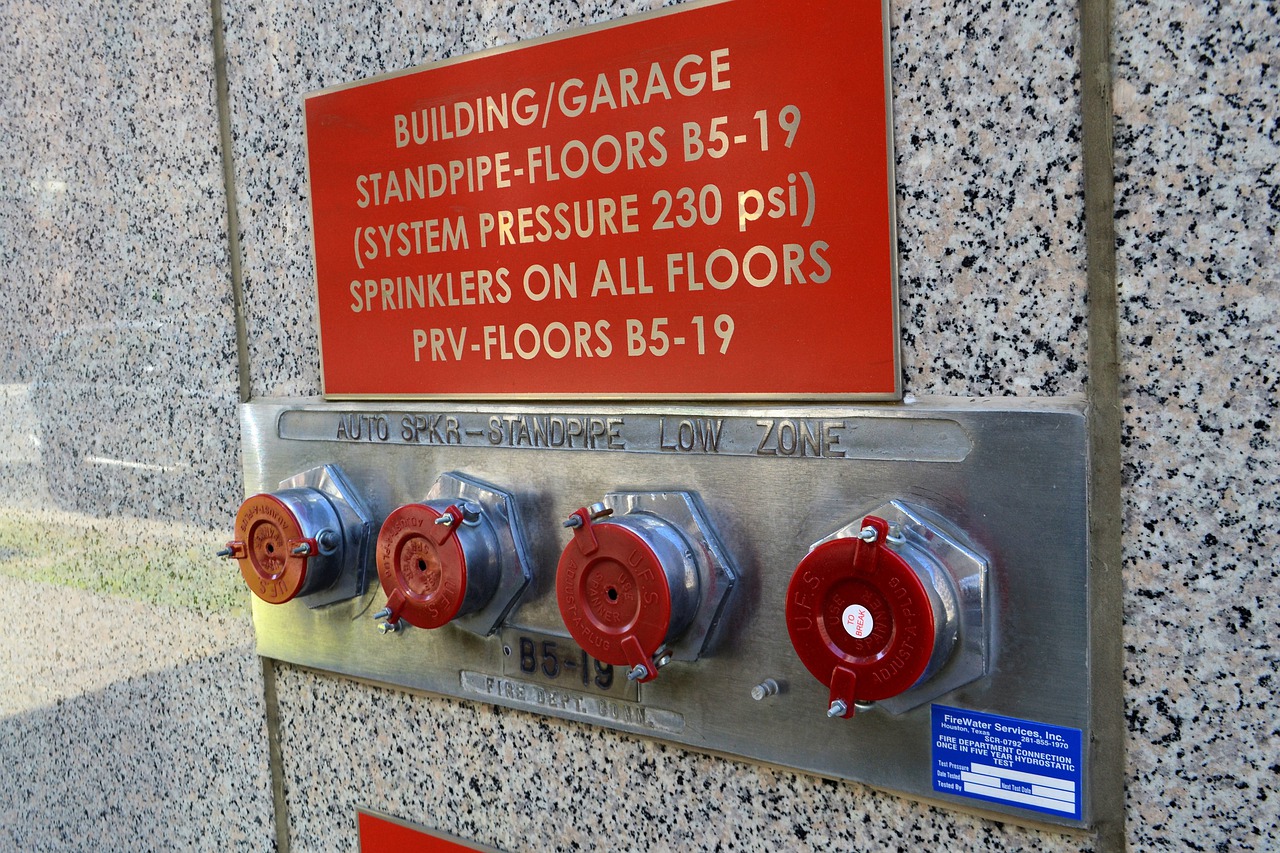A fire at your business devastates your property, clients, and family. Commercial fires create unwanted downtime that leads to profit loss, and fire itself is extremely dangerous for you and your patrons. Although not all fires can be prevented, you’ll want to know what steps to take to protect your business from fire damage.
To protect your property from the ripple of adverse effects of a fire, you need to understand the difference between fire prevention and fire protection. Let’s start by explaining the difference between these two concepts.
Fire Prevention: Stopping the Fire Before It Ignites
Prevention involves the tools and techniques used to prevent something from happening.
When it comes to fire prevention, an inspection is one of the best ways to avoid a fire. A regular property inspection is a proactive step that allows experts to identify vulnerable areas around your space and make recommendations for fixing them.
Examples of these fire hazards include:
- Overloaded electrical outlets
- Improperly maintained heat or electric systems
- Soiled fireplaces
- Burning candles
- Improperly stored flammable materials
You should schedule regular maintenance inspections and testing with a qualified professional to ensure your systems are in working order.
Spray Booths
In commercial facilities that use large amounts of hazardous chemicals or generate a lot of fumes, spray booths are regularly used. A spray booth is constructed to keep sparks away from equipment and surrounding areas, helping prevent flammable substances from igniting.
Fire Protection: Defending Your Property from a Fire
Protection involves keeping someone or something safe from injury or damage — fire protection combines various equipment and procedures to protect your business from harm. While each commercial space is different, every company should use some elements of fire protection.
There are two categories of fire protection: active and passive. An active fire system takes action against a fire, like fire alarms or a sprinkler system.
A passive system is designed into the building as it’s being constructed. Passive fire protection includes:
- Fireproof walls
- Fire barriers
- Air sealing
Intumescent coatings, often found in paint, are the lightest form of passive protection applied to equipment or building structures.
The Final Form of Fire Defense
Operating a commercial space like a kitchen requires another form of defense against fires: fire suppression. Fire suppression methods and equipment aim to extinguish the fire as quickly as possible.
Most fire suppression systems don’t include water. Instead, dry chemical agents suppress the flames, preventing water damage in addition to fire damage.
Buildings containing fragile items use fire suppression systems to ensure the valuable items do not incur water damage. These systems are commonly used in areas with sizable electrical equipment or other materials vulnerable to water damage.
In a restaurant, a fire suppression system is often a part of the kitchen hood system. When a fire ignites, the flames are detected, and chemicals discharge over the surface to extinguish the fire. You may find kitchen fire systems installed in establishments like:
- Hotels and resorts
- Restaurants or coffee shops
- Shopping malls
- University or hospital cafeterias
- Sports complexes and stadiums
Kitchen hoods come in various designs to match any commercial kitchen’s needs.
Water-Based Location Fire Protection
If you work near a marine area, fire protection is still essential to maintaining a safe business. Boats and other businesses near the shore can still succumb to the destruction of a fire, which is why so many different systems exist to prevent fires and protect your space.
When fire protection and prevention systems are used together, your property can enjoy the optimal level of fire protection. If you suspect your business is vulnerable, schedule an inspection with a qualified Preventative Fire technician and learn what steps you can take to protect your commercial property.

